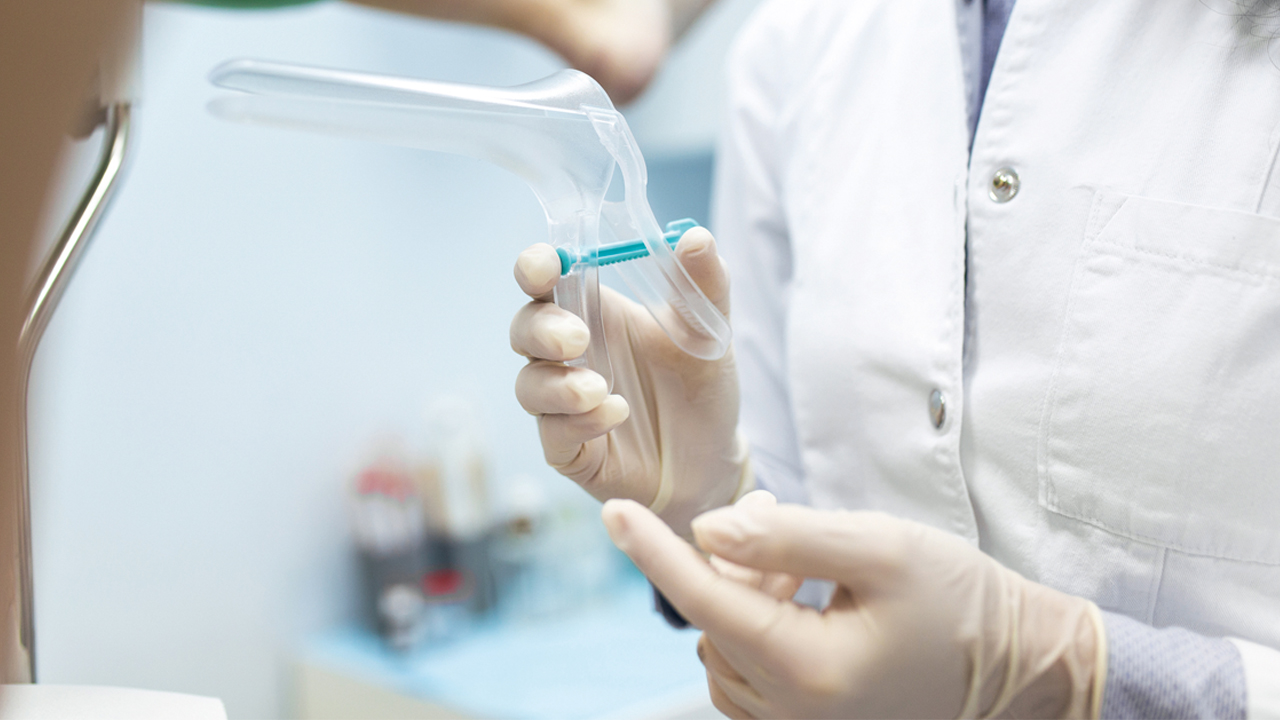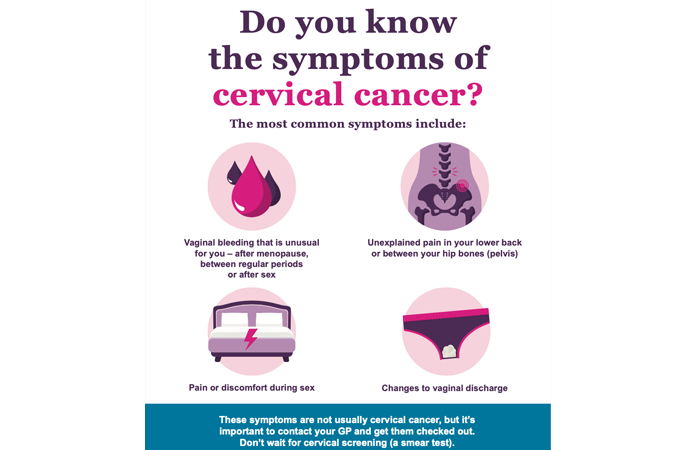In Campaigns
Follow this topic
Bookmark
Record learning outcomes
Cervical Screening Awareness Week is hosted annually by Jo’s Cervical Cancer Trust (jostrust.org.uk), a charity set up after Jo Maxwell, a woman who very sadly passed away from cervical cancer 25 years ago. When Jo was diagnosed, her and her husband struggled to find information and support. After her passing, Jo’s husband and a number of others set up what was known as Jo’s Trust. Now, Jo’s Cervical Cancer Trust serves as a place where woman globally can find trusted information on cervical cancer, cervical screening, human papillomavirus (HPV) as well as access online support through forums, reaching out to speak with experts and a helpline.
For 2024
This year, the week takes place between 17-23 June. TM spoke with Siobhan Hallmark, Jo’s Cervical Cancer Trust’s senior press and PR officer, about cervical cancer in the UK and the importance of Cervical Screening Awareness Week.
“We are the UK’s leading cervical cancer charity, and we’re one of only a few internationally that are dedicated to cervical cancer,” says Siobhan. “Last year, NHS England announced that they’ve pledged to eliminate cervical cancer by 2040, through the combination of HPV vaccination and cervical screening.” This is an incredible target, and one which will not be possible without routine cervical screening for all women, especially those aged 30-34, the age group in which cervical cancer is most prevalent. “Two women are still dying every day. Nine diagnoses of cervical cancer occur every day in the UK. And the thing is, it is largely preventable, not in all cases, but in many cases. And this is where the screening program is so effective.” Cervical Screening Awareness Week’s main and most desperate imperative is to remind women of their right to cervical screening, as well as to give them guidance and support on the process, allowing for the chance for questions to be answered.
Breaking barriers
“A third of women attend their cervical screening appointments. There are a wide variety of reasons for that. The barriers to screening include things like availability of appointments, caring commitments and responsibility – whether that’s caring for young children or caring for parents, etc. – to some women not being able to take time off work to attend their appointment. Some women have to take a half a day of annual leave to go to a 15-minute appointment, and for some people, it’s just not feasible,” says Siobhan. There is of course, the chance that people simply forget about their appointments, or as appointments are missed and rescheduled, they are pushed to the back of people’s minds, and the appointment never happens.
“Another barrier can be for people who are born with a cervix but do not identify as female, and so do not get the routine invitations to screenings,” Siobhan explained. Pharmacy teams can signpost any of these customers wanting to go to a cervical screening to a number of specialist clinics, which can be found on: jostrust.org.uk. The clinics aim to make the process more comfortable for those who experience dysmorphia around cervical screening. “There are also women who have had a really traumatic childbirth, or survivors of sexual assault, for whom screening can be extremely triggering. As a charity, we are very mindful of reasons why women don’t or can’t attend their screening,” Siobhan continued. Learning disabilities can also stand in the way of someone attending or scheduling a screening test.
Support from the pharmacy
In the pharmacy, Cervical Screening Awareness Week will benefit hugely from drawing attention to the cruciality of cervical screening. Pharmacy teams can stand as the important first point of contact for many people and create a huge impact. “It’s to be aware that there could be any number of reasons why they haven’t been, but to have the information and knowledge to be able to talk through, or to be able to offer information and encourage women to actively speak to the GP about their concerns,” Siobhan said. Having posters up in the pharmacy can make a massive difference in starting a conversation, to which pharmacy teams can be ready to engage in. “If a woman says, ‘I know I haven’t been for my cervical screening,’ it’s not just the case of, ‘well you should!’” By building on your knowledge of cervical cancer, pharmacy teams can help spot symptoms in women, guide and remind them about their screening, and dispel misconceptions that inhibit some women from attending their screening, for example, the belief that women who have experienced the menopause no longer need to attend cervical screenings.
If any women or people with a cervix note any of the following symptoms, they should be referred to their GP:
- Vaginal bleeding that is unusual, including after the menopause, after sex, or between regular periods
- Changes to vaginal discharge
- Pain or discomfort during sex
- Unexplained pain in the lower back or between hip bones (the pelvis).
“It is important to remember that these symptoms usually happen for reasons other than cervical cancer", says Siobhan, “but it is also important to contact [a] GP straight away, so they can give reassurance and support”.


